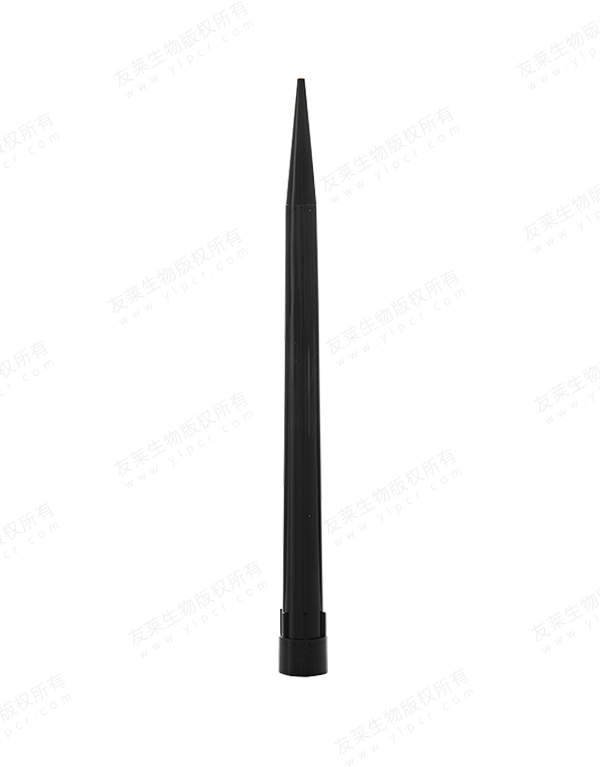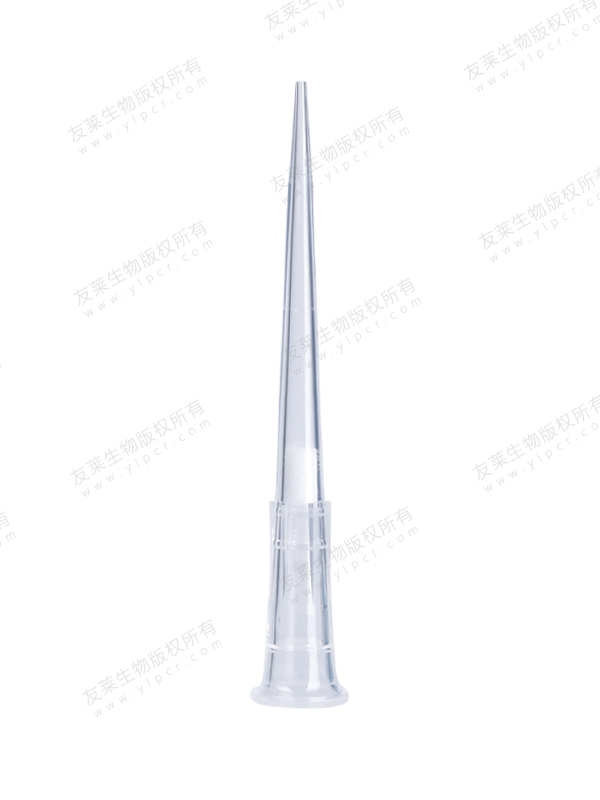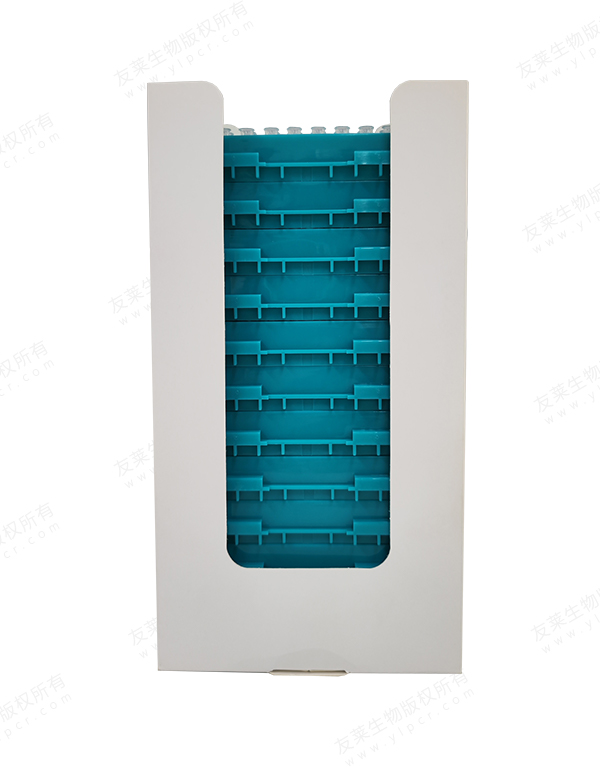Consistent Amplification: In PCR, precise temperature control is necessary for the denaturation, annealing, and extension steps. Thermal uniformity ensures that all DNA templates are exposed to the same temperature cycles, promoting consistent and accurate amplification.
Minimizing Non-Specific Amplification: Variations in temperature within the PCR tube can lead to non-specific amplification, where undesired products are generated. Thermal uniformity reduces the likelihood of non-specific amplification, improving the specificity of the reaction.
Efficient DNA Polymerase Activity: DNA polymerases used in PCR reactions are temperature-sensitive enzymes. Uniform temperatures ensure optimal enzyme activity throughout the reaction, resulting in efficient DNA synthesis.
Reproducibility: Achieving thermal uniformity allows for the reproducibility of PCR experiments. Researchers can confidently replicate experiments, ensuring that results are consistent across different runs and laboratories.
Accuracy of Quantitative PCR (qPCR): In quantitative PCR, where the starting DNA concentration is determined by monitoring the amplification in real-time, thermal uniformity is crucial. Inaccurate temperature control can lead to erroneous quantification.
To achieve thermal uniformity within PCR tubes, researchers rely on several key factors:
PCR Machine (Thermal Cycler): High-quality thermal cyclers are equipped with precise heating and cooling mechanisms, such as Peltier devices, that can rapidly and accurately control temperature changes.
Heated Lids: Many thermal cyclers have heated lids or lid rings to prevent condensation on the PCR tube lids. This helps maintain uniform temperatures across the reaction volume.
PCR Tube Quality: The material and design of the PCR tubes themselves play a role in achieving thermal uniformity. High-quality PCR tubes are designed for efficient heat transfer.
Optimized PCR Protocols: PCR protocols are carefully designed to specify the appropriate temperature ramp rates, hold times, and cycling parameters. Optimizing these protocols for specific assays can improve thermal uniformity.
Regular Calibration: Routine calibration and validation of the thermal cycler are essential to ensure that it accurately maintains the desired temperatures.

 English
English русский
русский 中文简体
中文简体

水印.jpg)


